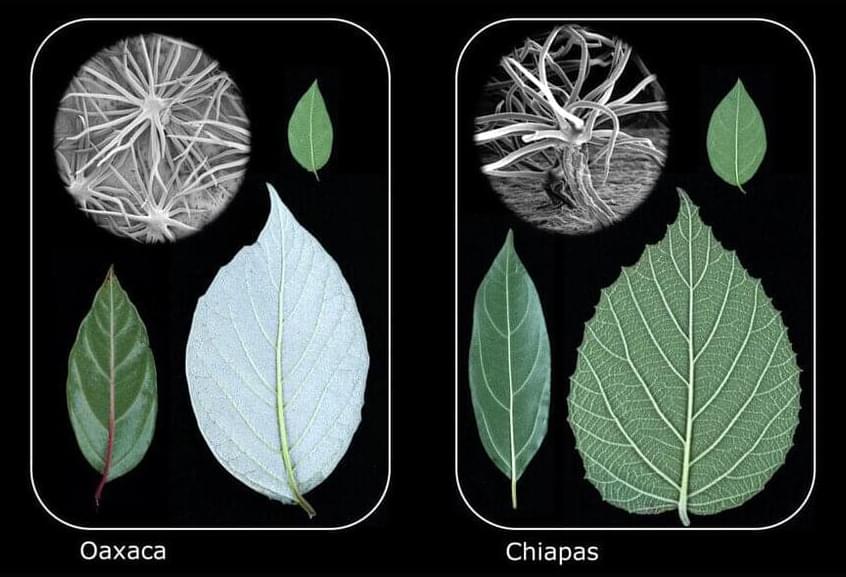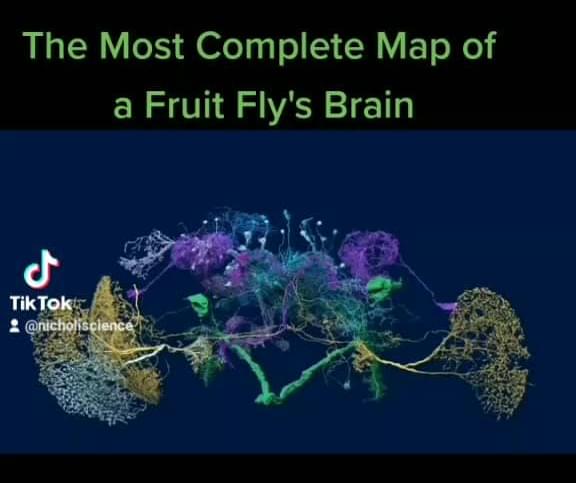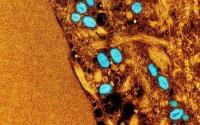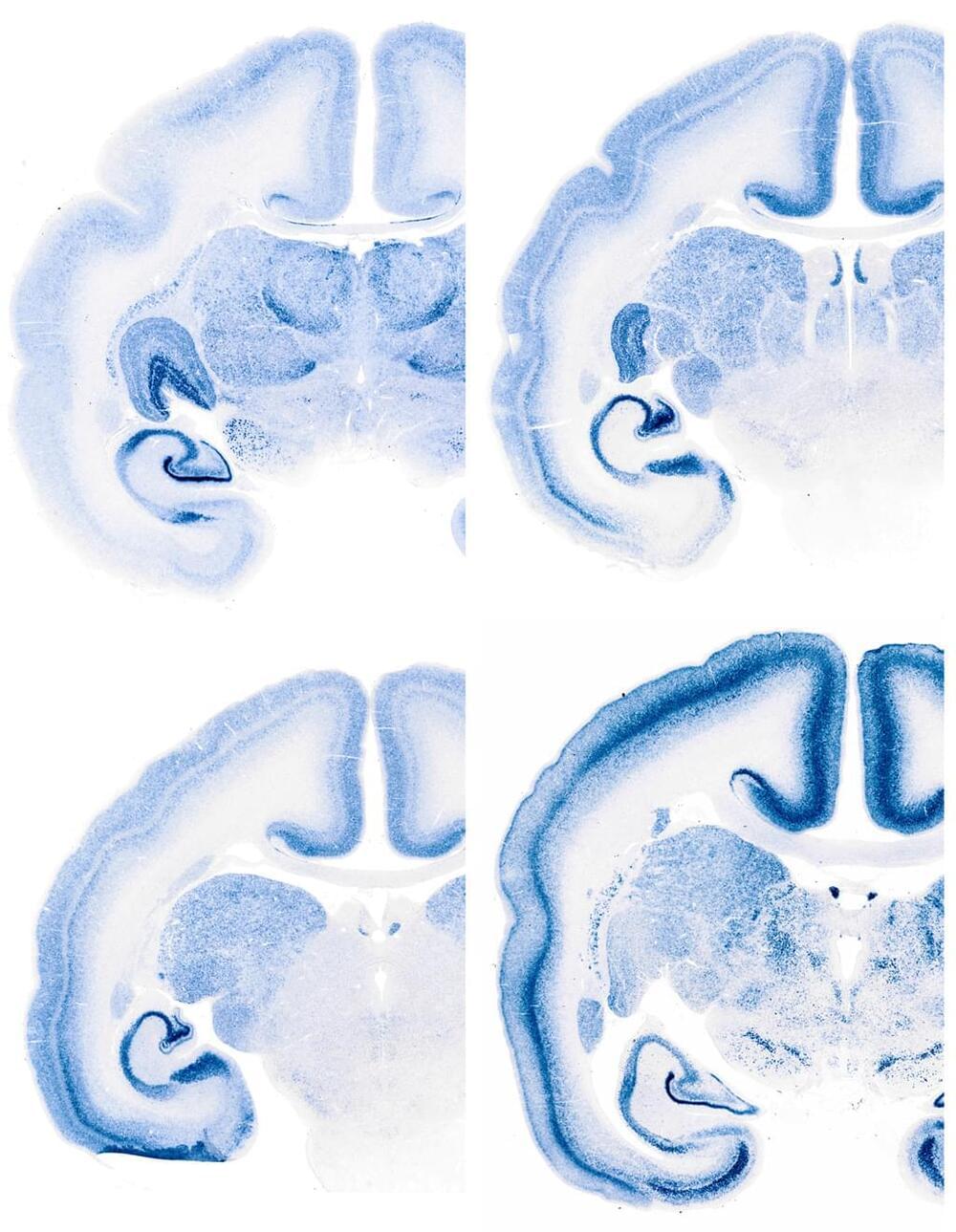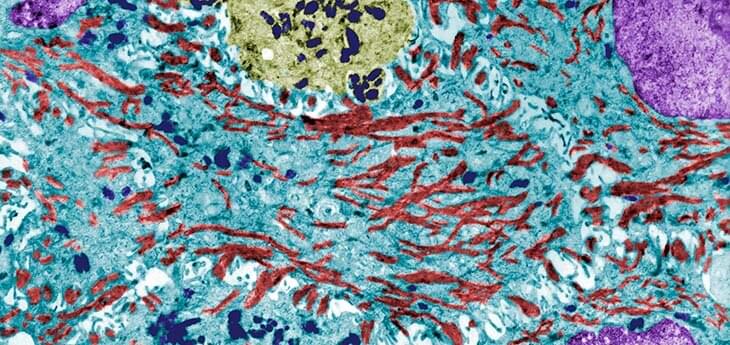Evolution has long been viewed as a rather random process, with the traits of species shaped by chance mutations and environmental events—and therefore largely unpredictable.
But an international team of scientists led by researchers from Yale University and Columbia University has found that a particular plant lineage independently evolved three similar leaf types over and over again in mountainous regions scattered throughout the neotropics.
The findings provided the first examples in plants of a phenomenon known as “replicated radiation,” in which similar forms evolve repeatedly within different regions, suggesting that evolution is not always such a random process but can be predicted.
